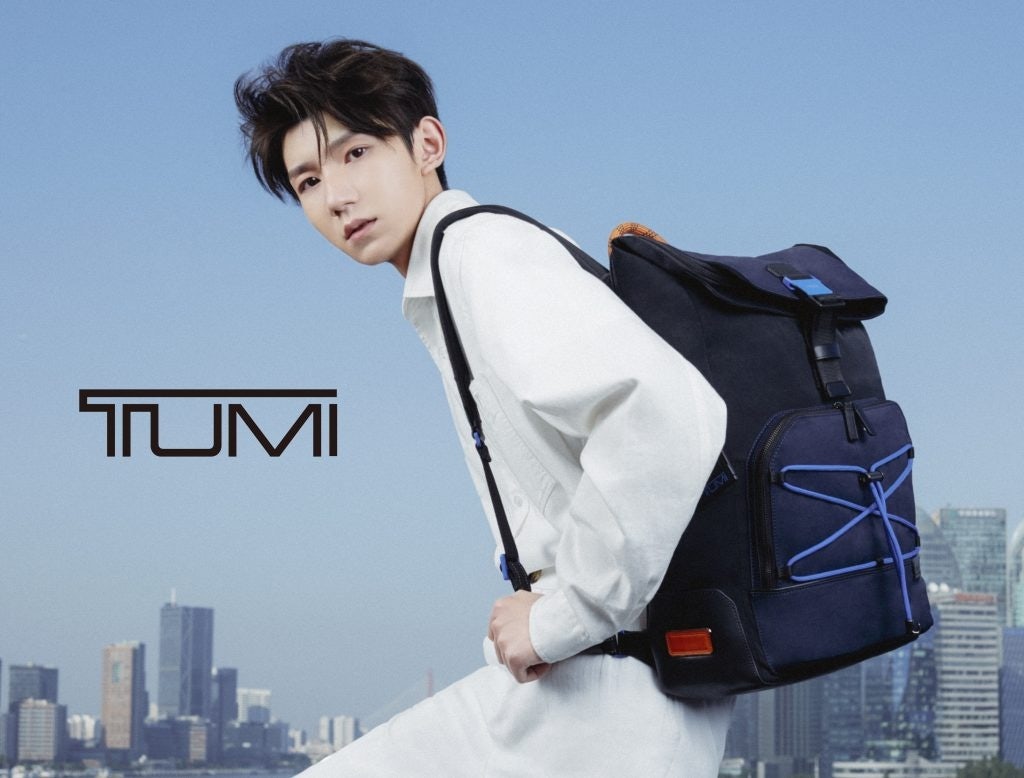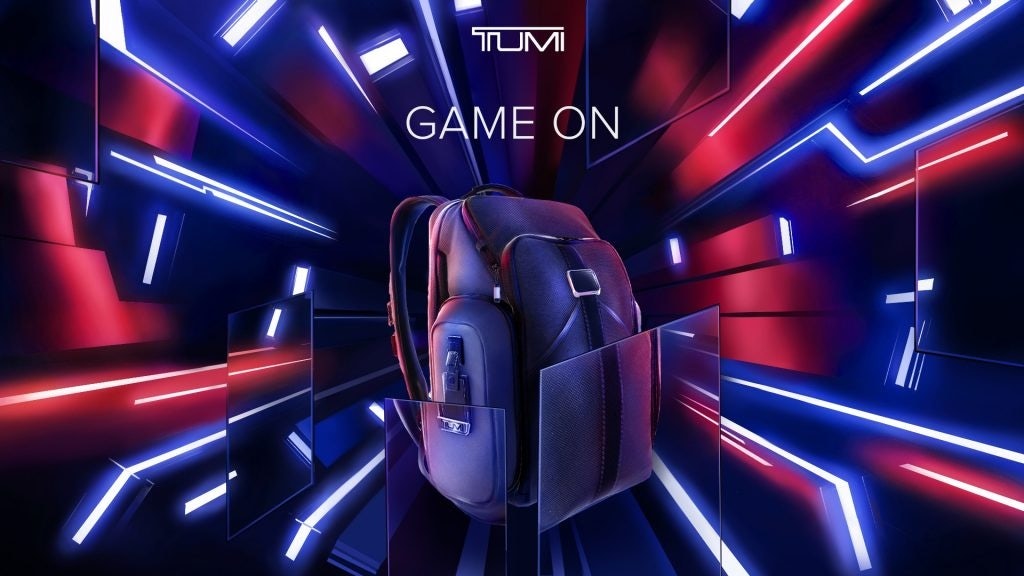The COVID-19 pandemic has been a challenge for the travel retail industry, especially for brands rooted in the sector. And TUMI was no exception, experiencing sales turbulence in China amid this demanding period.
However, the international travel and lifestyle brand saw this as an opportunity to be even more active in China to combat the pandemic's impacts, under the helm of Adam Hershman, Vice President of TUMI Asia Pacific and Middle East.
Hershman joined the company in 2013, starting his TUMI career as a Product Manager for Men’s Travel Products in New York. Given this experience, it’s no surprise that he sees China’s dedication to material technology and product design as TUMI’s biggest asset during the country's post-COVID-19 recovery. In an exclusive interview with Jing Daily, we caught up with Hershman during his trip to Shanghai to learn more about TUMI’s next move in China, the brand's recent digital efforts with local partners, and how it appeals to younger generations.
Jing Daily: As industry reports show, China’s domestic travel retail has seen over double-digit growth post-COVID-19, especially in 2021. How is this rebound impacting TUMI?#
Adam Hershman:#
Of course, domestic travel is booming as people take the opportunity to explore all that China has to offer. With our roots in travel, the rebound has been very welcome, and it had a positive impact across all our channels. In particular, travel retail is naturally a very important channel for us. We have had a strong presence on Hainan for several years as we identified it as a destination that will continue to grow in popularity.
Beyond travel, what positives are you seeing?#
TUMI is an established lifestyle brand. During the pandemic, we recognized that the focus needed to shift to accommodate consumers’ new normal. For us, it was essential to recognize the day-to-day or more local journeys, where a backpack or sling is preferred rather than long-haul journeys that require traditional luggage pieces such as carry-ons and checked bags.
In China’s market, this balanced strategy, along with our new partnership with local talents, has greatly resonated with younger generations. In particular, singer and actor Roy Wang was announced as a China brand partner in July, which sparked social buzz among netizens and allowed us to boost communication with local clients.

As celebrity endorsements have become more complicated in China, how do you select celebrities and KOLs as brand partners?#
They must fit with our pioneering spirit and desire to always be pushing boundaries, and we expect their positive images can influence a large number of today’s Gen Z and beyond. We believe partnerships are not just about products or brand exposure, but about connecting with celebrities that reflect the values of the TUMI brand — which can help us tell our brand story in China.
These collaborations extend to the Esports communities, as well. What opportunity has the pandemic provided for TUMI in regards to the gaming industry?#
Prior to the pandemic, we saw an opportunity to add value to gamers’ journeys. We established a partnership with One Esports, Asia's largest championship Esports series, in 2019. When the pandemic hit, Esports’ popularity exploded across the globe. While China has been a mainstay in the gaming industry, the surge in worldwide appeal created an opportunity for a global name like us to enter the space at the optimum time.
Meanwhile, as Esports has become a critical new trend in the China market, especially with younger generations, the involvement in this arena allows us to have a deeper connection with players of all levels. More importantly, our approach is very authentic. We provide solutions for Esports athletes to travel with and safely store gaming equipment, thus, filling a void in the market.

That is another example of TUMI’s robust product portfolio with innovative collections. Has there been a collection that has particularly resonated locally?#
According to our research in the travel category, hard-side luggage is preferred in Asia. The newly launched 19 Degree Polycarbonate Collection, made from over 90-percent pre-and post-consumer recycled materials, perfectly fulfills this demand. Each case is built to last and offers new, innovative features customers love, such as a smoother and quieter wheel system and built-in USB ports.
Plus, streetwear-inspired products — as well as collaborations and trend-led collections — also perform very well among younger customers. The TUMI | McLaren collection, in partnership with the luxury supercar maker and Formula 1 team, was really well received, and the Alpha Bravo Esports Pro Collection, born out of the aforementioned relationship with esports athletes, is another collection that received favorable reviews.
And when it comes to specific digital initiatives, what have you kicked off in China?#
Given that Chinese customers are used to omnichannel shopping and actively seek out online reviews, recommendations, and product information, we’ve developed storytelling dedicated to China’s consumer culture. They included livestreaming events such as Women’s Day in March, the 618 Mid-Year Shopping Festival, and Double-11 across platforms with KOLs and star store teams. We also use them to share products, brand DNA, and tips with viewers.
Technological moves are underway, too, such as the TUMI Virtual Store — an experiential digital space that builds on the physical store experience and our e-commerce channels. Its AR functions allow consumers to visualize products in their environment (at home or in the office) and experience their shapes and sizes in situ. Users can also take a selfie in the Virtual Store to share on social media.
Finally, with sustainability now being a focus regionally and globally, what efforts have TUMI made to become more ethical?#
TUMI’s core DNA has always taken a sustainable approach. With our built-to-last products and extensive repair network, we pride ourselves on making industry-leading best efforts to ensure TUMI items last for generations rather than ending up in landfills. Additionally, we have incorporated recycled and post-consumer materials much more predominantly in our product ranges — nearly 20 percent of all FW21 collection styles feature some component of recycled materials.
This interview has been edited and condensed.


